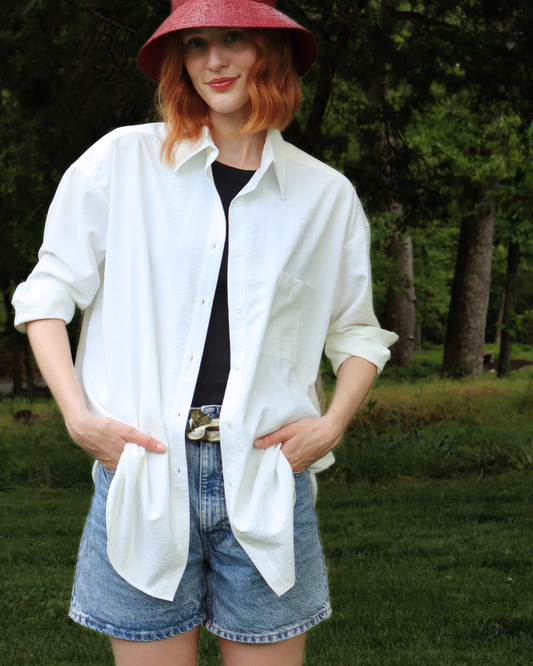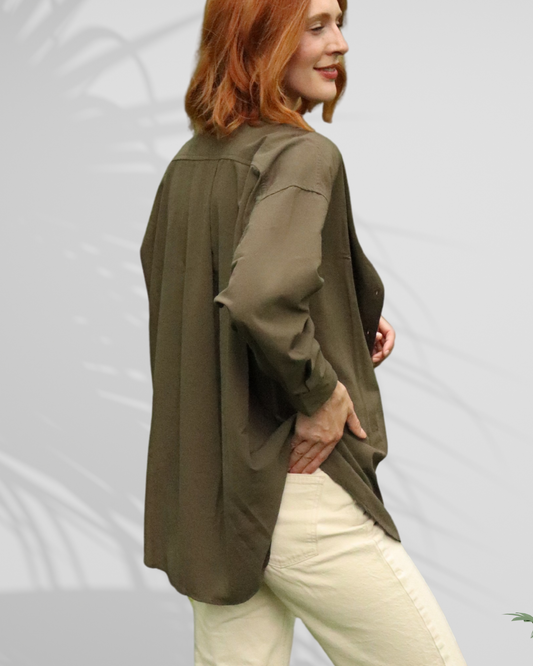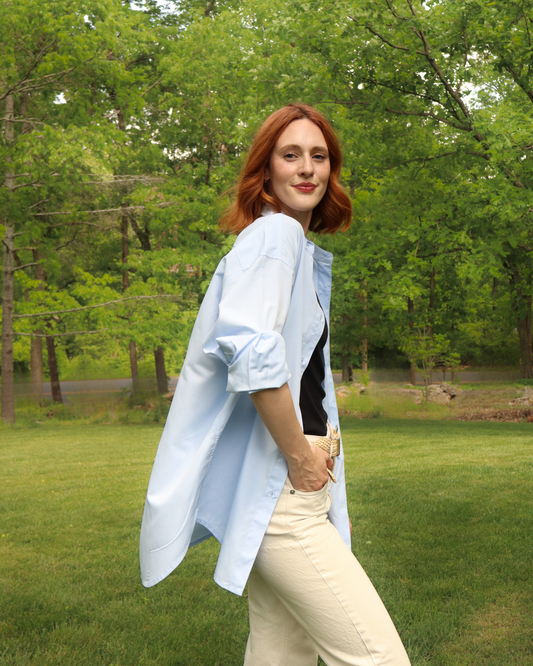1. Is wearing sunscreen enough to protect your skin from the sun?
Many people believe that wearing sunscreen alone is sufficient to protect their skin from the harmful effects of the sun. However, this is a common misconception. While sunscreen is an essential part of sun protection, it should be used in conjunction with other measures to ensure maximum protection.
2. Does a higher SPF provide better protection?
Another myth surrounding sun protection is that a higher SPF (Sun Protection Factor) provides better protection. While a higher SPF does offer more protection against UVB rays, it does not necessarily mean that it provides better overall protection. It is important to remember that no sunscreen can provide 100% protection, regardless of its SPF.
3. Can you skip sunscreen on cloudy days?
Many people believe that they can skip sunscreen on cloudy days since the sun's rays are not as strong. However, this is not true. Clouds can filter out some UVB rays, but a significant amount of UVA rays still penetrate through the clouds. Therefore, it is important to wear sunscreen even on cloudy days.
4. Can you get enough vitamin D without sun exposure?
Some people believe that avoiding sun exposure completely can lead to a deficiency in vitamin D. While it is true that the sun is a major source of vitamin D, it is not the only source. You can also obtain vitamin D through certain foods and supplements. It is important to strike a balance between protecting your skin from the sun and maintaining adequate vitamin D levels.
5. Can you tan safely with the use of tanning beds?
Many people believe that using tanning beds is a safe way to achieve a tan. However, this is far from the truth. Tanning beds emit harmful UV radiation, which can increase the risk of skin cancer and accelerate the aging process of the skin. It is best to avoid tanning beds altogether.
Remember to always wear sunscreen, seek shade when the sun is strongest, and wear protective clothing to minimize sun damage.




